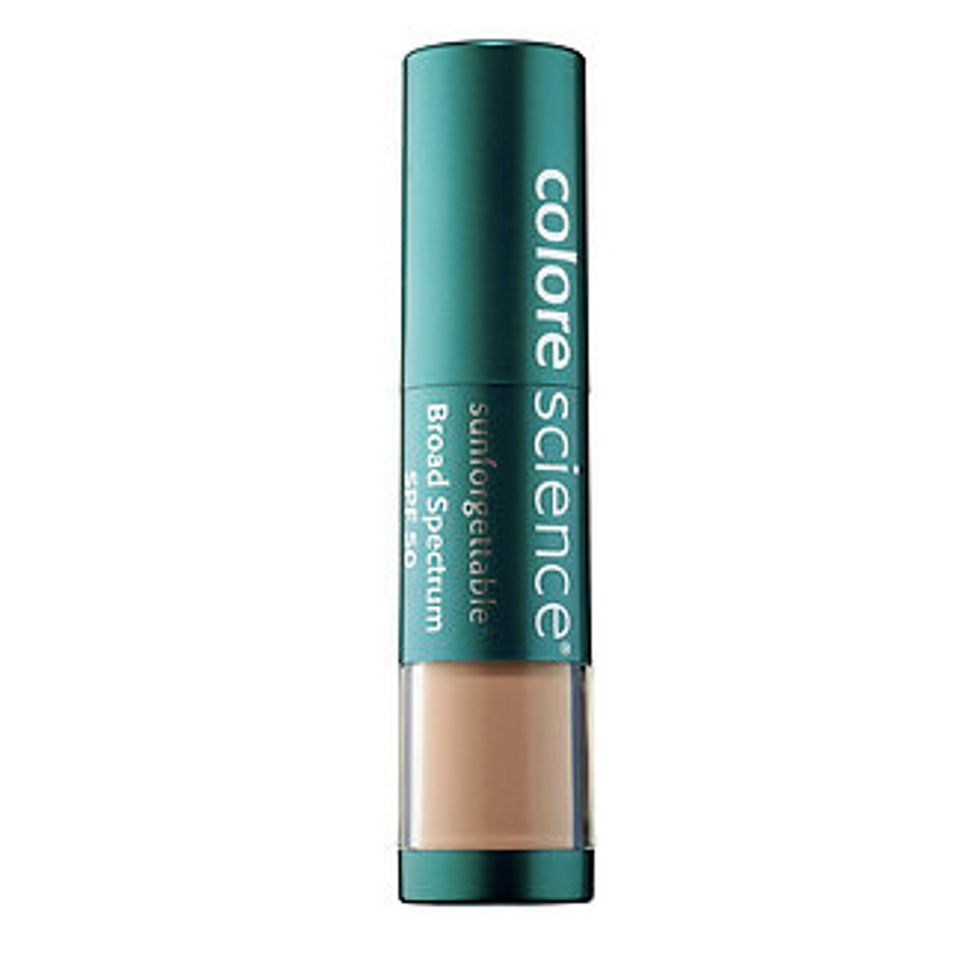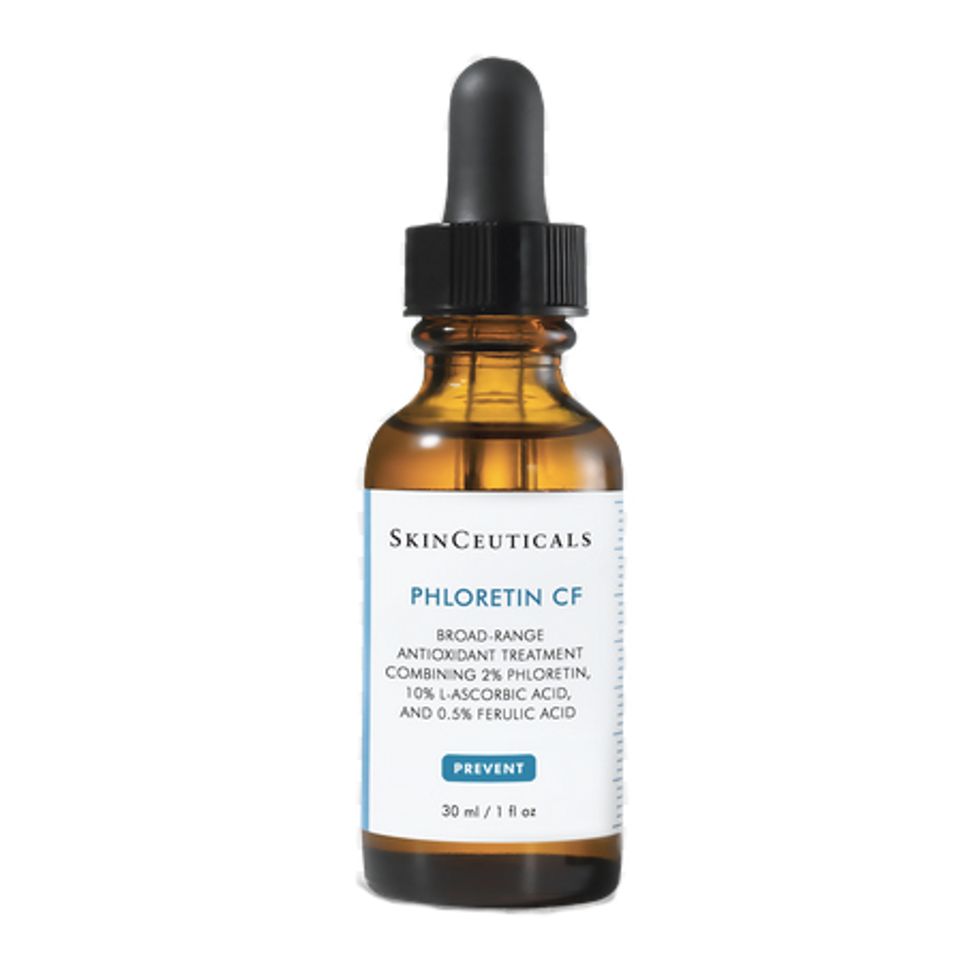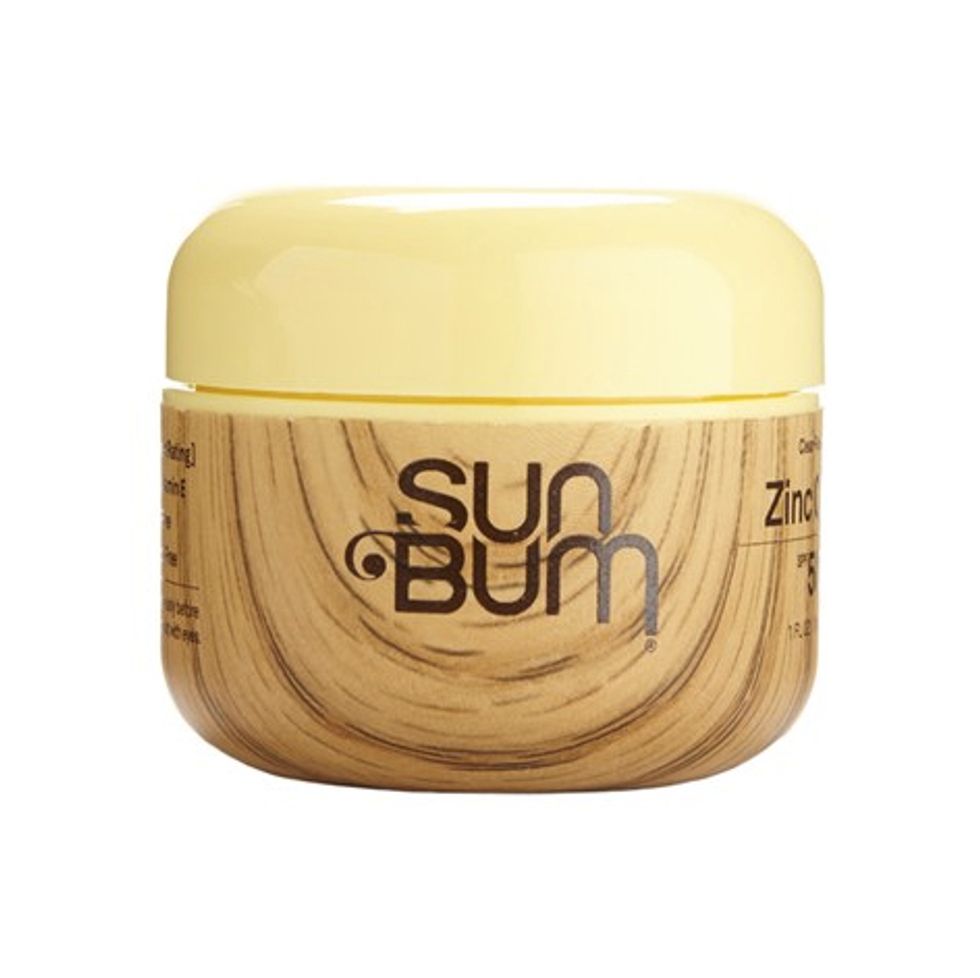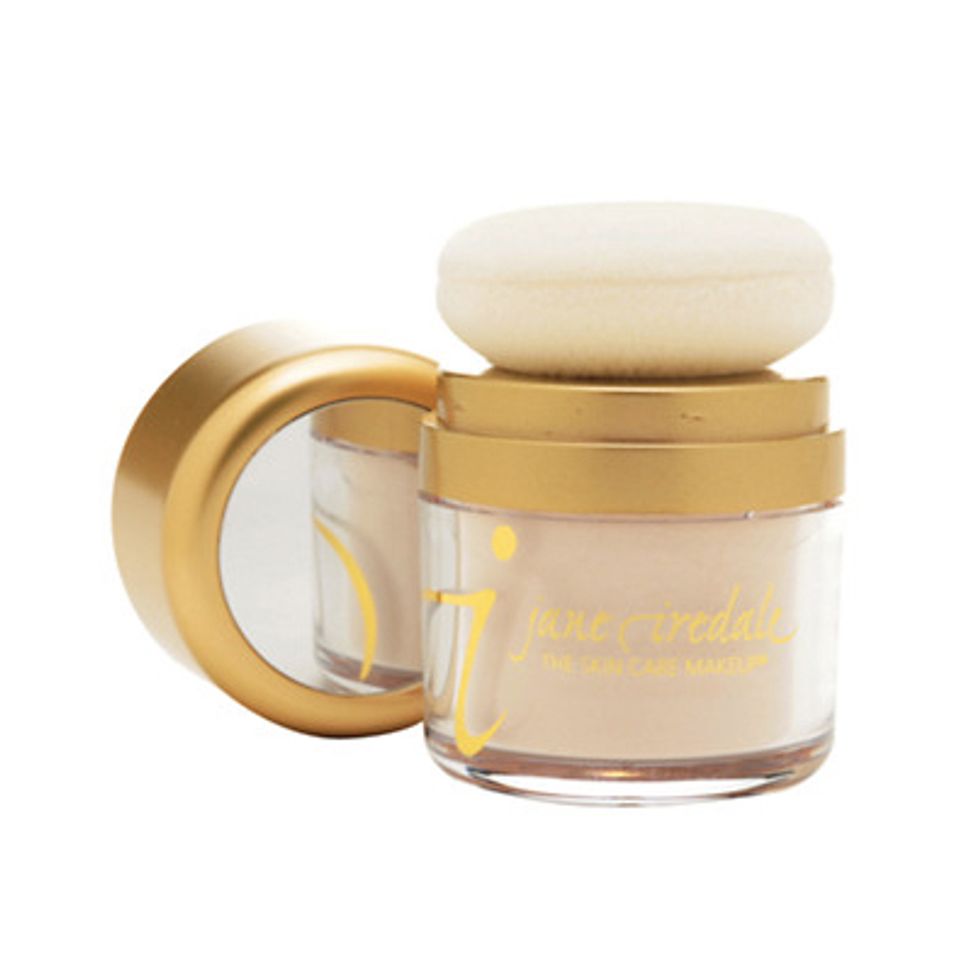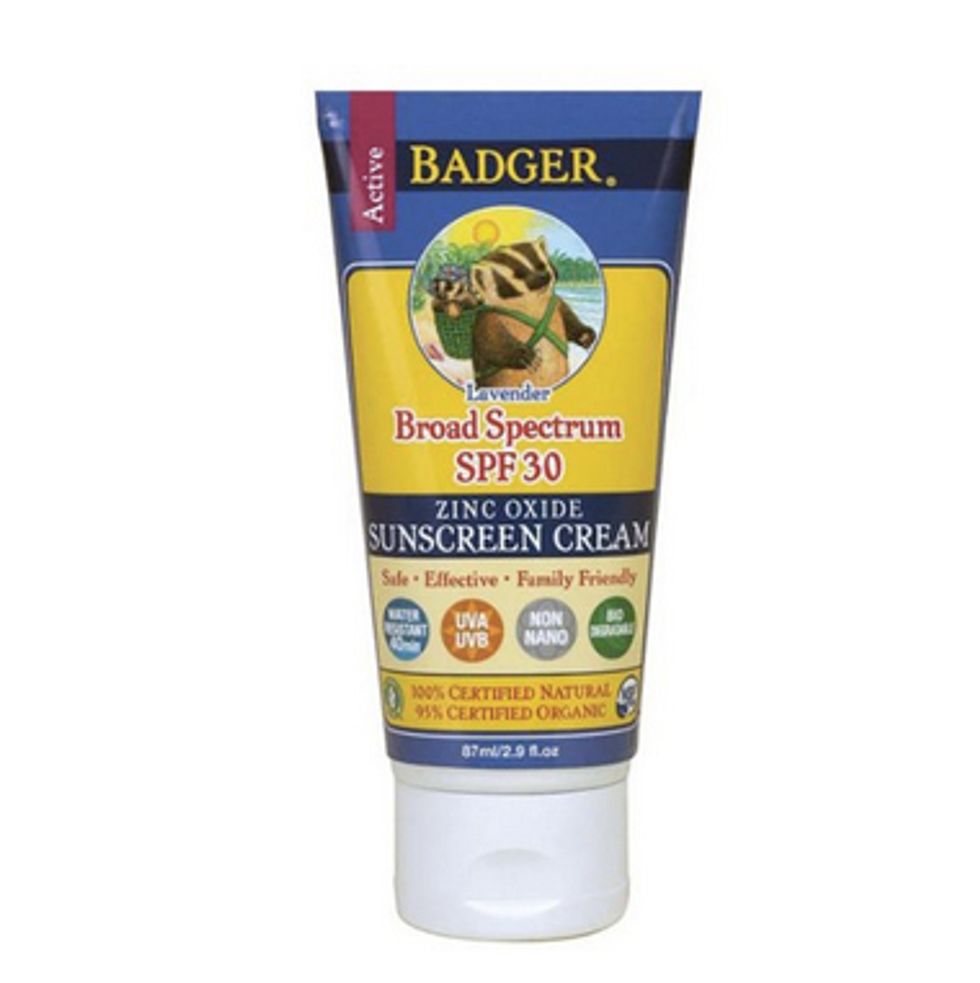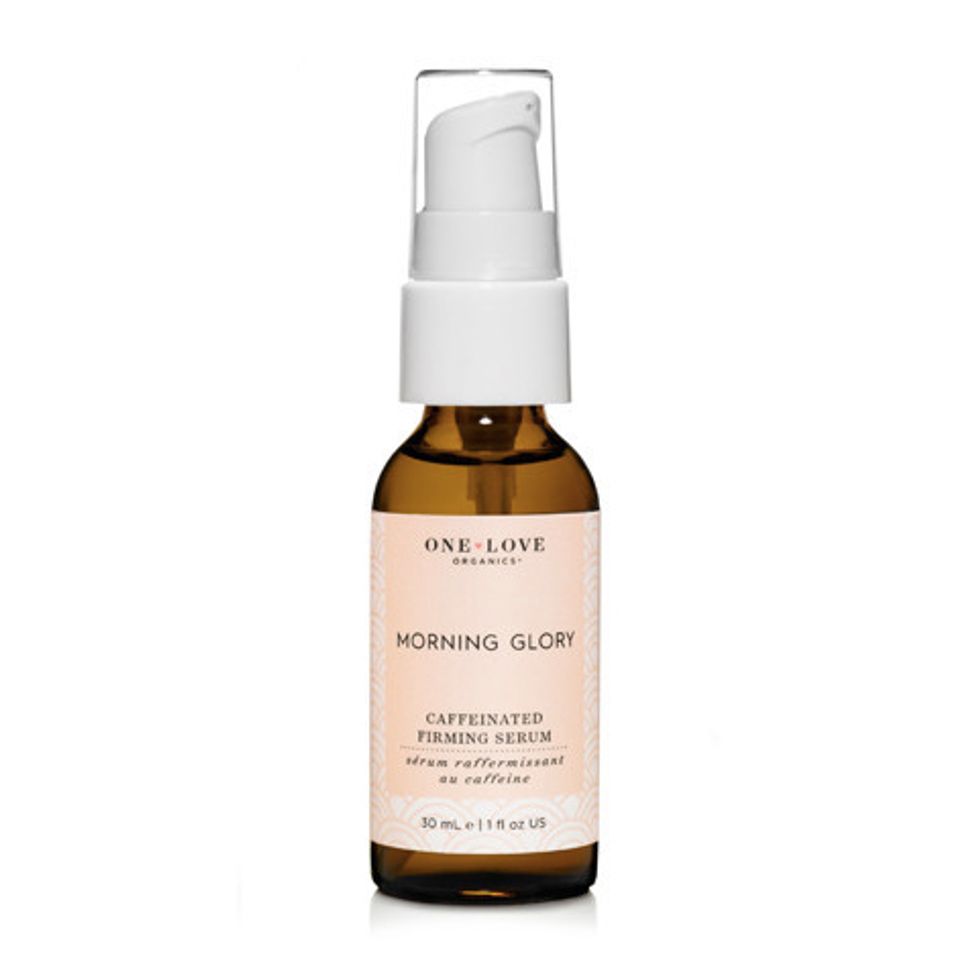Don’t Wear Sunscreen Every Day. Maybe.
4 experts weigh in on the truth behind sun damage (& basically everything else we held to be true about SPF).

Sunscreen. You wear it every day, right? Doesn’t matter if you’re on the beach, or if you’re in the middle of Hurricane Joaquin—sunscreen is an essential part of our daily routine.
But what if that’s not actually correct? What if daily sunscreen use actually limits our Vitamin D intake, leading to bad skin, poor bone strength and general depression? A growing number of skincare experts are rebuking the idea we should wear sunscreen everyday, opting instead for a natural approach to sun protection. They use a mix of sunscreen, antioxidants and minerals to allow for Vitamin D absorption—and therefore great skin.
We sat down with four leading experts, including Cap Beauty founder, Kerrilynn Palmer, and the woman behind S.W. Basics, Adina Grigore. We polled these ladies on everything from their personal sunscreen routine, to their favorite products, to alternative ways of fighting skin damage. So pull out your favorite wide brimmed hat and dare to go bare—your sunscreen regimen is about to change.
Adina Grigore
Founder of S.W. Basics
“Not all sunscreens are created equal. Chemical UV filters—like WHAT—penetrate the skin, enter the bloodstream and wreak havoc on your system. If you do opt for sunscreen, go with a mineral one that uses zinc oxide or titanium dioxide. You will need to apply it more often and work harder to blend it into your skin, but it’s completely worth it. I like everything by Badger.
Sure, wear sunscreen everyday if you’re a surfer. But if you’re going from a car, to a subway to an indoor office and then back home, you should not be wearing sunscreen. Otherwise, you’re not only blocking your skin from Vitamin D, but you’re also clogging pores and wasting product.”
Carrie Lindsey
Esthetician, Shen Beauty
I would certainly never say it’s ‘harmful’ to wear sunscreen, but I don’t advise wearing it 24/7/365. It’s great to get a little sun exposure for time to time. We need the sun to stimulate Vitamin D—especially in winter months. Vitamin D is not only necessary for bone health, but also to protect us against colds and help fight depression depression. Between Fall and early Spring, I forgo the sunscreen and fill up on Vitamin D.
I do combine sun exposure with Skinceuticals Phloretin, which contains Vitamins C and E. The antioxidants in this serum provide a natural defense against photodamage in skin. Vitamin C works to fight against the UVA rays—which are the aging rays from the sun—and Vitamin E works against UVB rays—which cause skin to burn. When you’re going to have prolonged exposure to the sun, I highly recommend both Vitamins C and E as well as sunscreen for full protection.

Kerrilynn Pamer
Co-Founder, Cap Beauty
So now, we don’t recommend wearing sunscreen everyday. We’re all deficient in Vitamin D, and a healthy dose of sunshine is the best way to get it. If you do wear sunscreen, however, we recommend one that creates a physical barrier instead of a chemical one—like Soleil Fleur from In Fiore or Everybody Loves The Sunshine oil from Living Libations. Look for sunscreens with plant powered ingredients, like zinc oxide. But really, drink your juice, eat your veggies and wear a chic hat!
Suzanne LeRoux
Founder, One Love Organics
“If you’re really going to be in the sun, sunscreen is never enough. I live on an island in Georgia, and I’ll never hit the beach without first: applying a plant-based, antioxidant rich moisturizer, donning a protective cover up and wearing sunglasses that filter out 100% of UVA, UVB and UVC rays. Oh, and I also find a shady spot between the hours of 10 and 4.
What worries me about sunscreen is the way it affects the skin’s pH—especially if your skin is dry, acne-prone, wrinkled or generally lackluster. Titanium dioxide and zinc oxide are natural sunscreen actives, for example, but they have a “pH window” in which their efficacy is optimized. If the pH of the formula is too low, the oxides will dissolve and leave you with zero effects. To get it right, you should apply a base cream or lotion with a pH balance between 7.0 and 8.5. Waterless formulas like this one from Badger Balm and powdered versions like Colorscience and this Jane Iredale are the best choices for mineral based sunscreens. If you have a favorite sunscreen and are unsure of its pH, pair it with a serum like Morning Glory Caffeinated Firming Serum. But if I had to pick, dry, brush-on sunscreens are my absolute favorite. I make one for myself in the lab that I brush over my antioxidant serum.”
